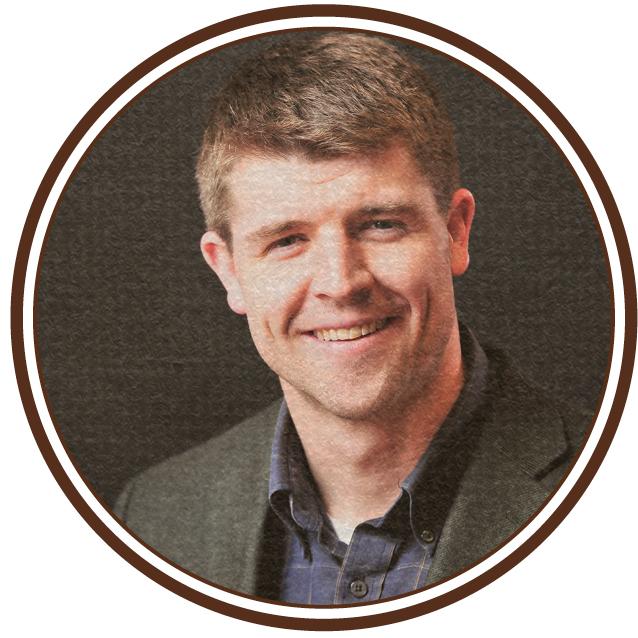About
B.A. Philosophy and Biology 2007
What is philosophy to me? To me, philosophy is striving to understand what is in order to best inform how to be. Or in other words, what to do with my limited time.
I received my degree from Carroll in Biology in 2007 and Philosophy in 2007. My thesis director was Mark Smillie and I wrote my thesis for philosophy on Replacement of the 'Augustinian Theodicy' with an 'Irenean Theodicy' and the Need for a New Metaphysical Foundation. The abstract for my thesis was: Much of current scientific consensus concerning the origin, history, and function of the natural world (especially evolutionary theory) comes into conflict with the traditional Christian explanation for evil as it was articulated by Augustine. Given Augustine’s great influence on the development of Christian thought and doctrine, it is not surprising that even after more than a century and a half since Darwin, Christianity remains uneasy about evolution and its implications. This paper argues that faith and reason must be compatible, and that evolving scientific understanding must necessarily shape our understanding of the human and divine.
Since graduation, I have completed a Masters of Theological Studies degree from Boston College School of Theology and Ministry (originally with Weston Jesuit), worked in Student Life at Carroll, and taught adjunct classes in Alpha Seminar and introductory theology.
Currently, I am an entrepreneur and leader of a startup trying to create a Montana-based meat company that provides an alternative to the mainstream oil-based grain and meat industries. Promoting and furthering such work is where I hope to spend my life.
Philosophy has helped me in my professional path because if you let it, the practice of philosophy will make you a better listener. Like another language, it will introduce you to new patterns of thinking, expressing, feeling while exposing your assumptions and paper certainties. Philosophy often causes you to prioritize “why and whether” over “how and how much.” In a world swimming in “data”, philosophy is all about distilling, prioritizing, and coming up with the most life-giving interpretations to program our hearts, minds, habits, and communities.
Advice that I would have for students: In philosophy would be to work very hard not to let yourself dismiss difficult authors, ideas, passages, etc. It is an essential experience to struggle with the meaning of something, to approach it with a bias against your own personal presuppositions in order to give actual learning a real chance. Fighting against bias is one of the most important tasks in any science.

